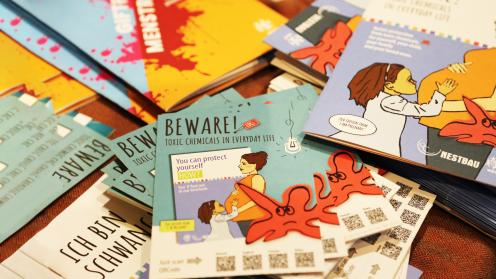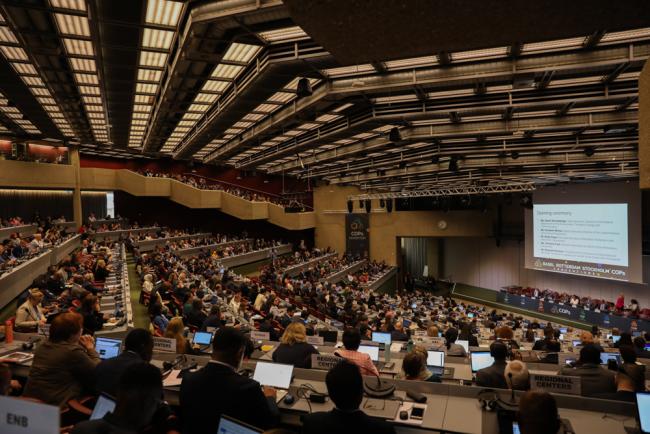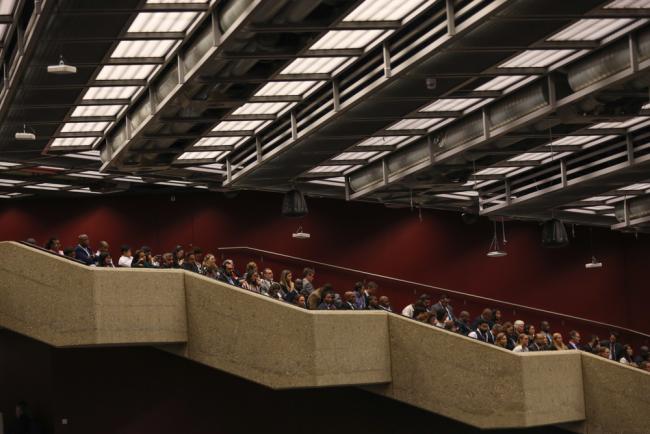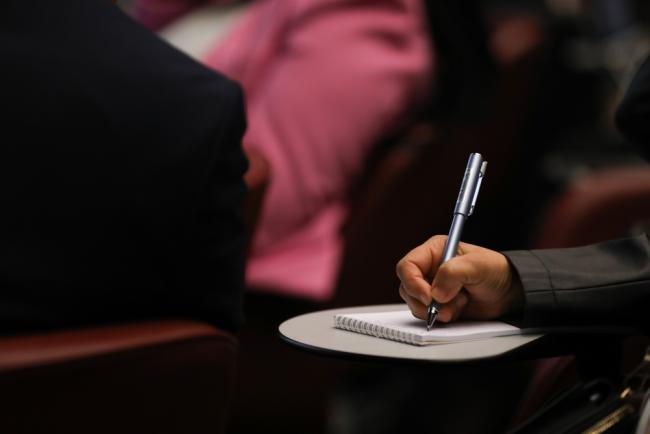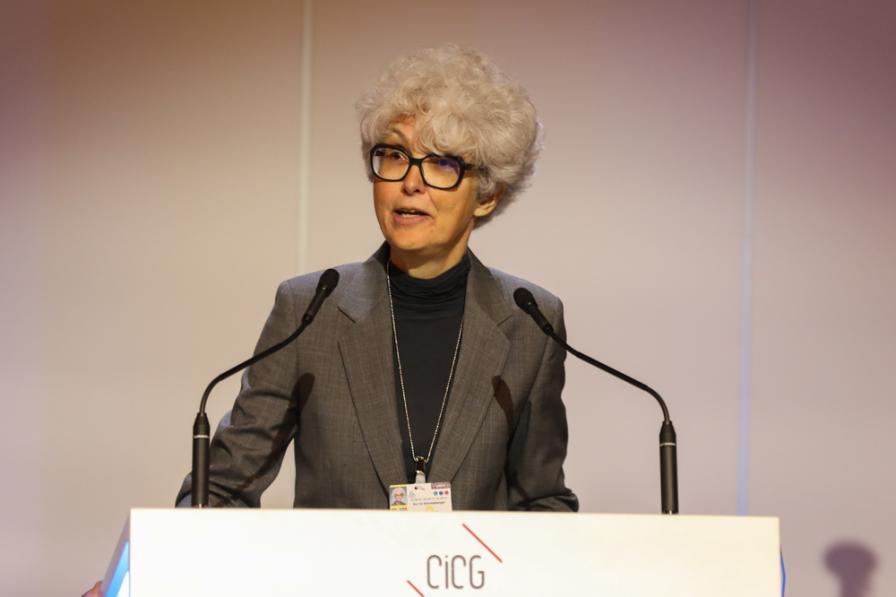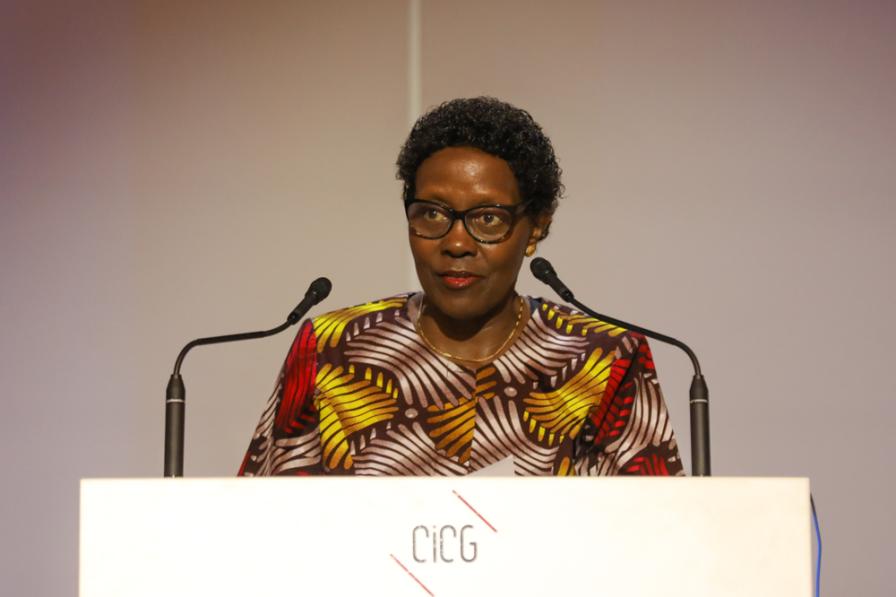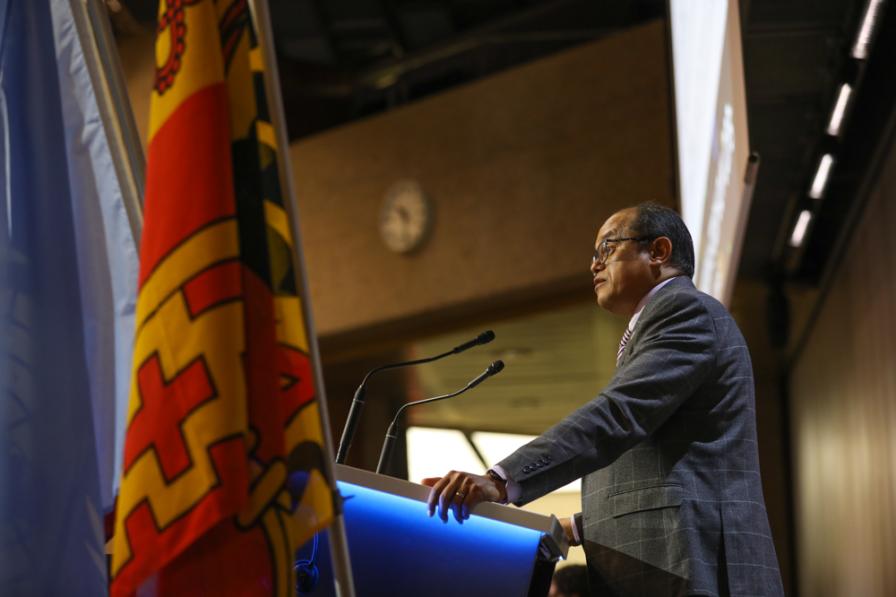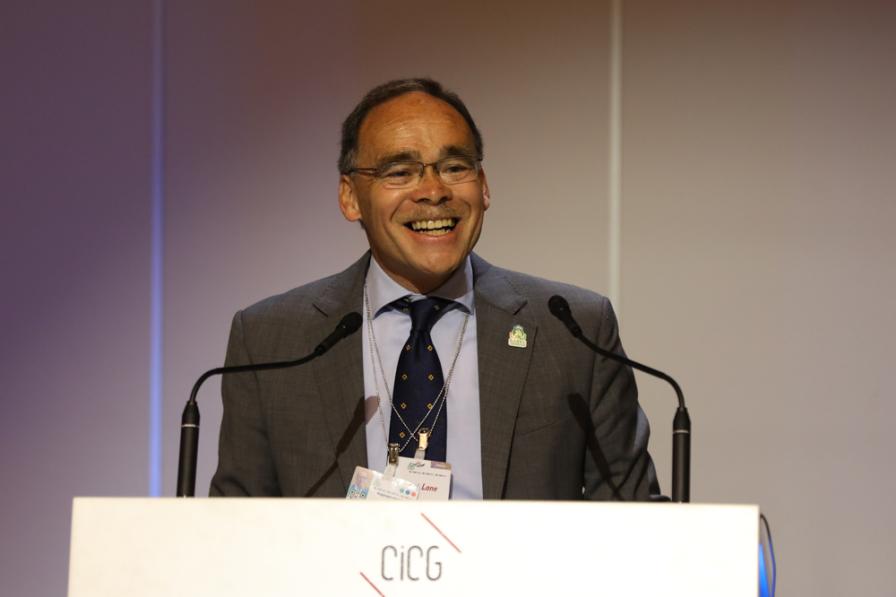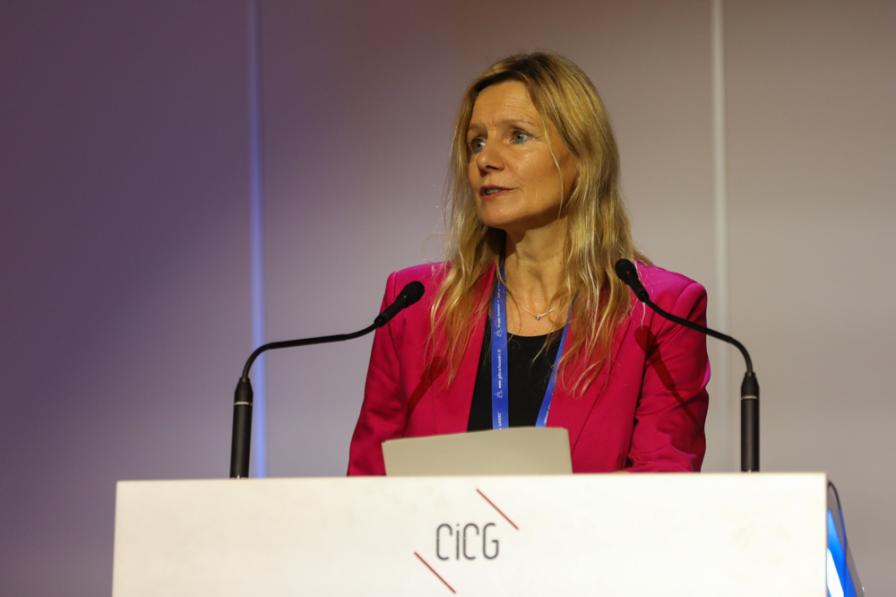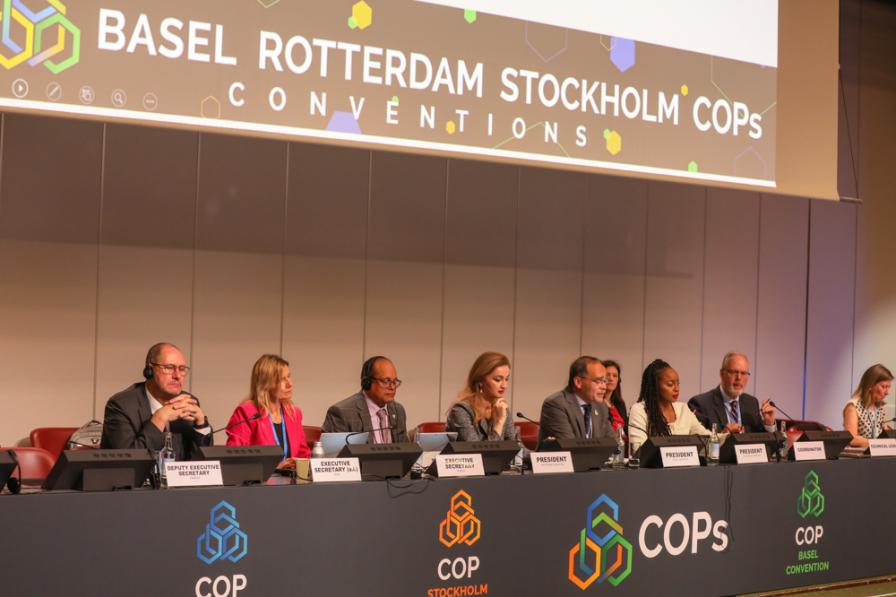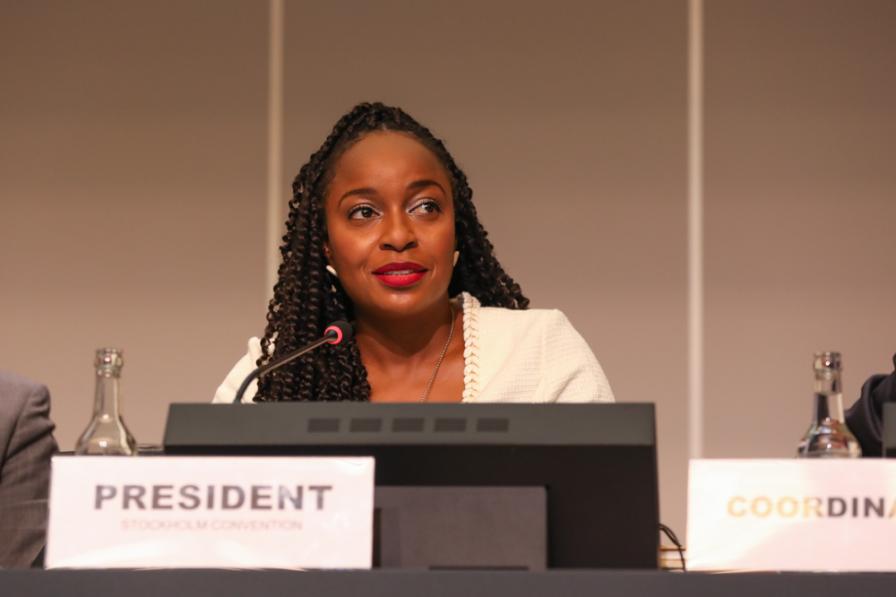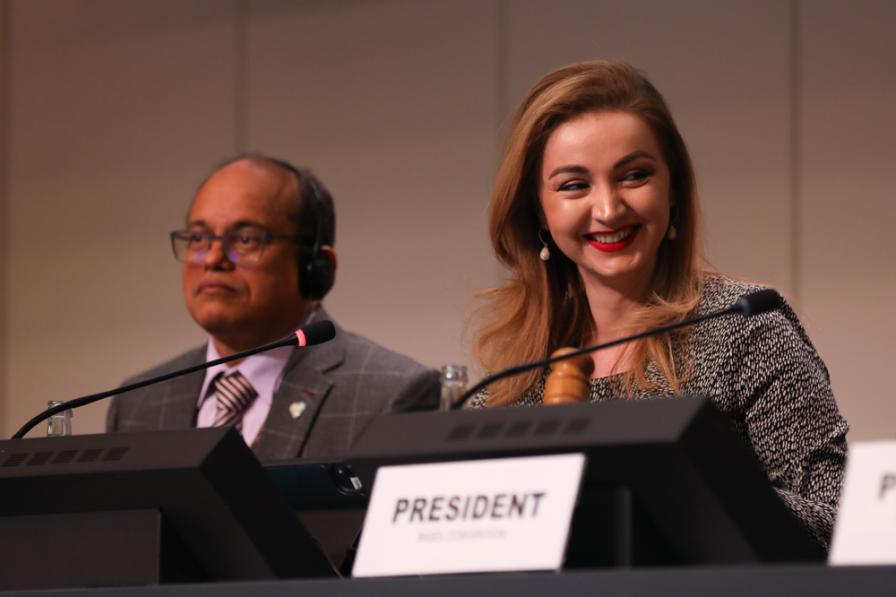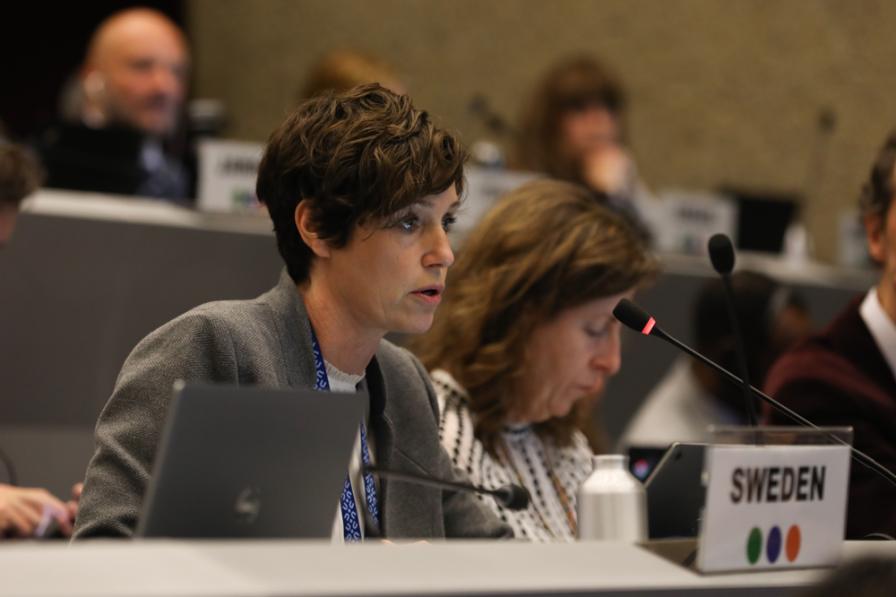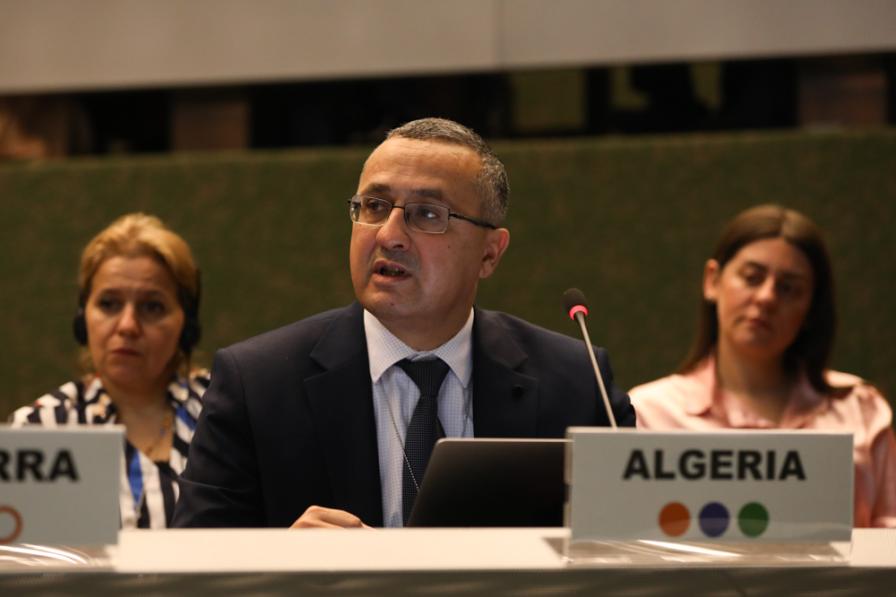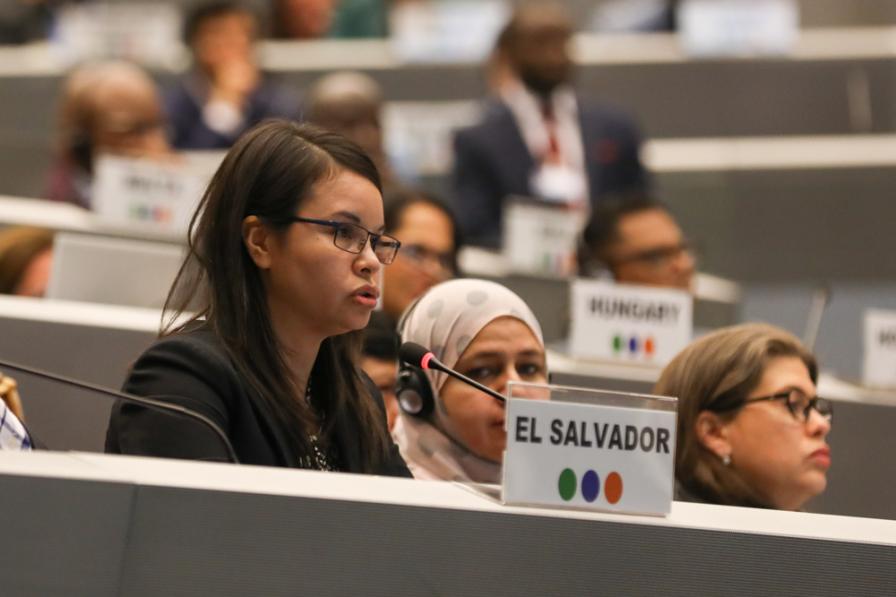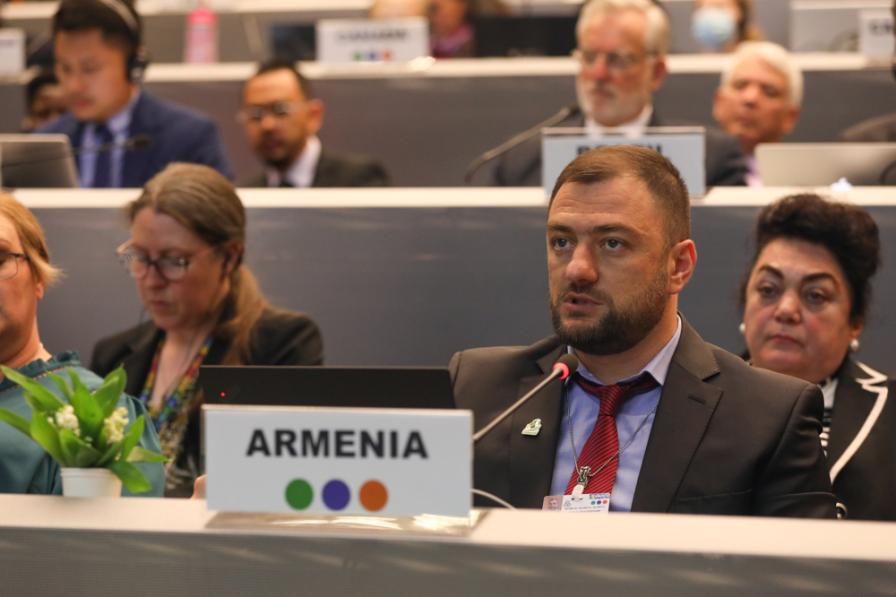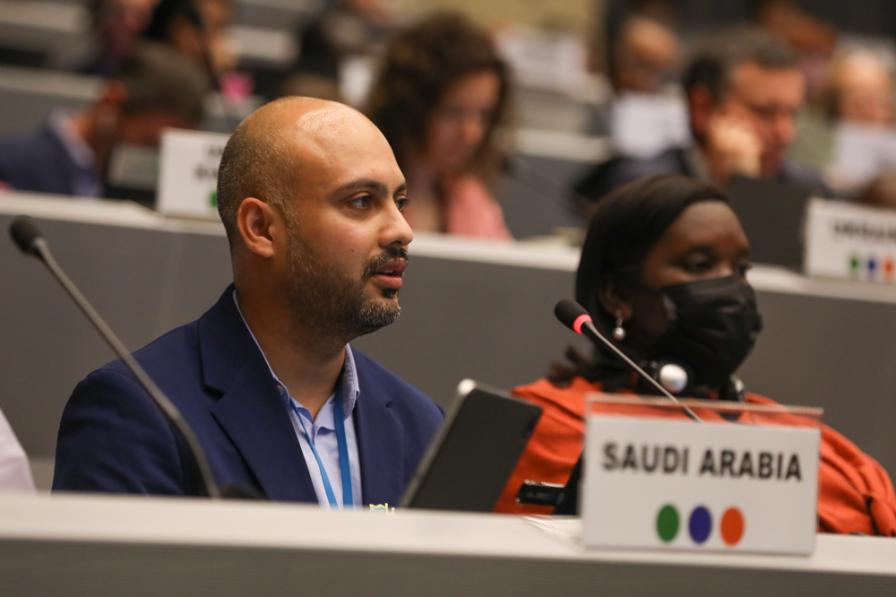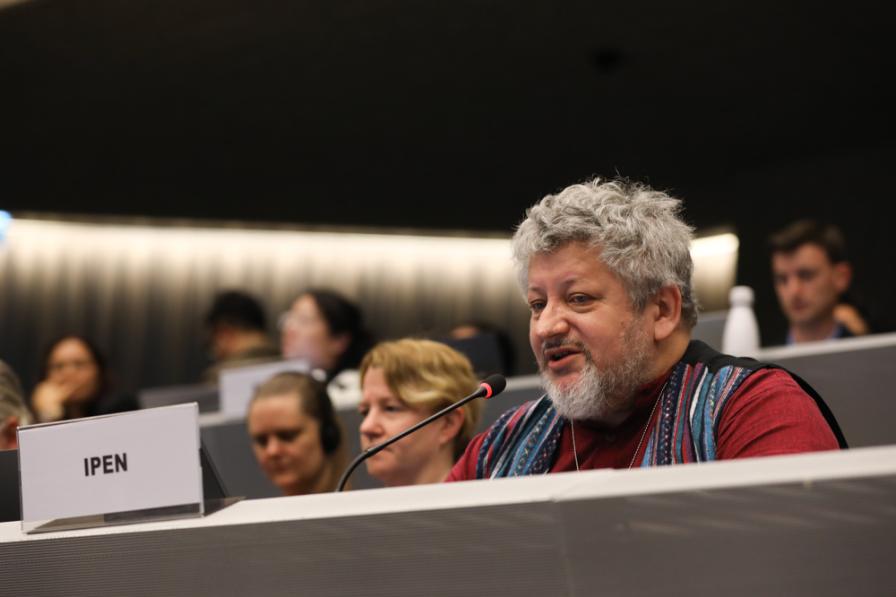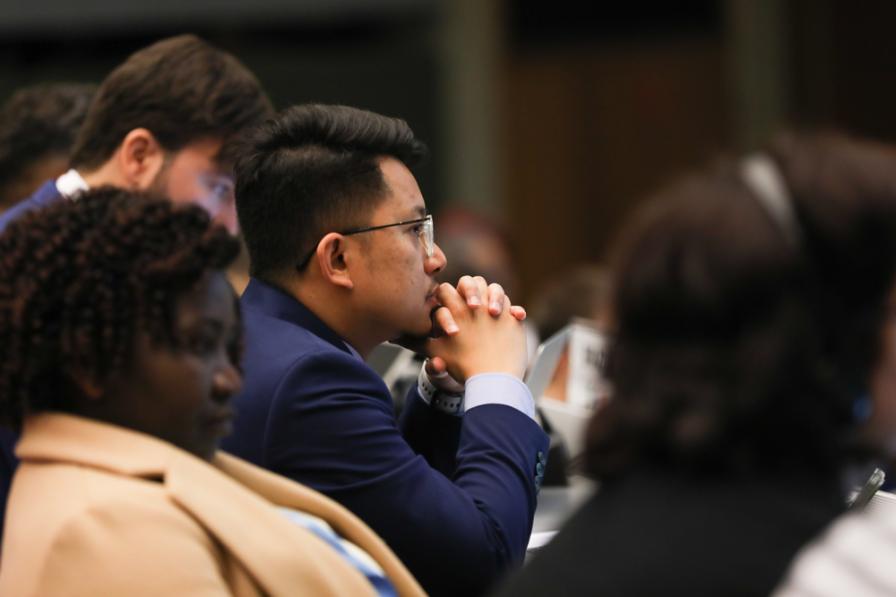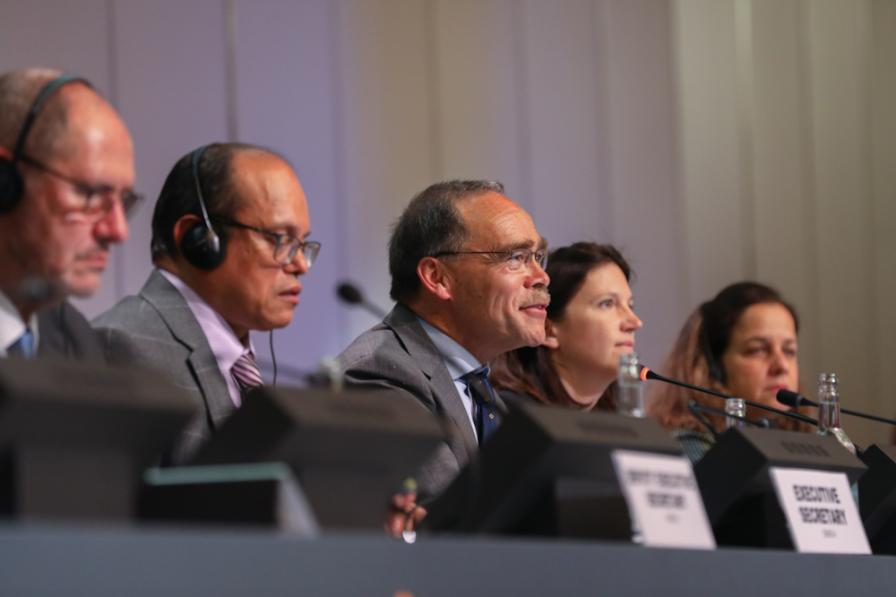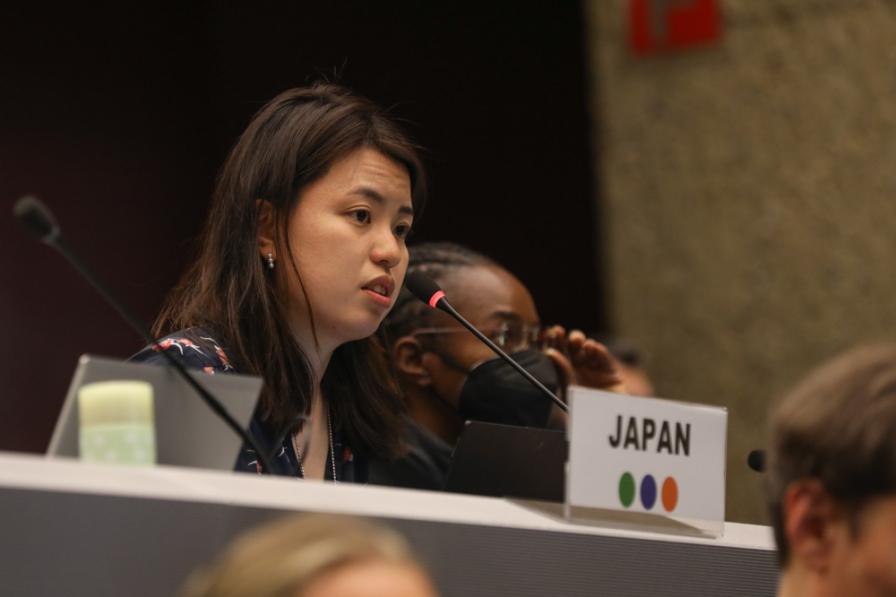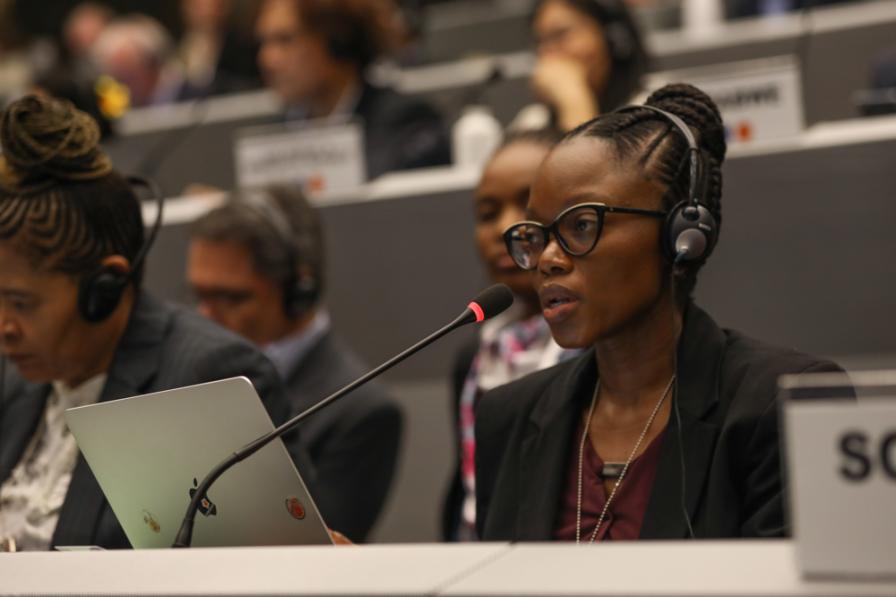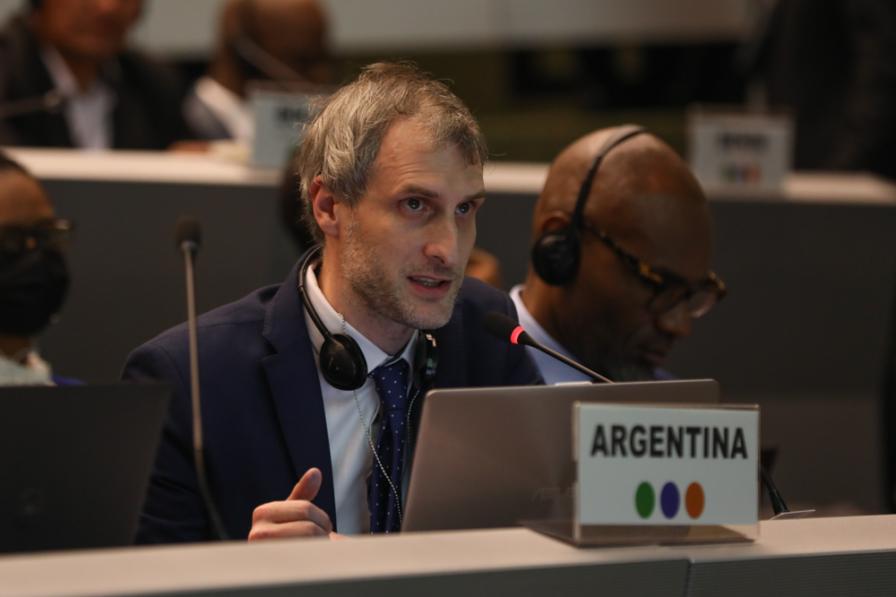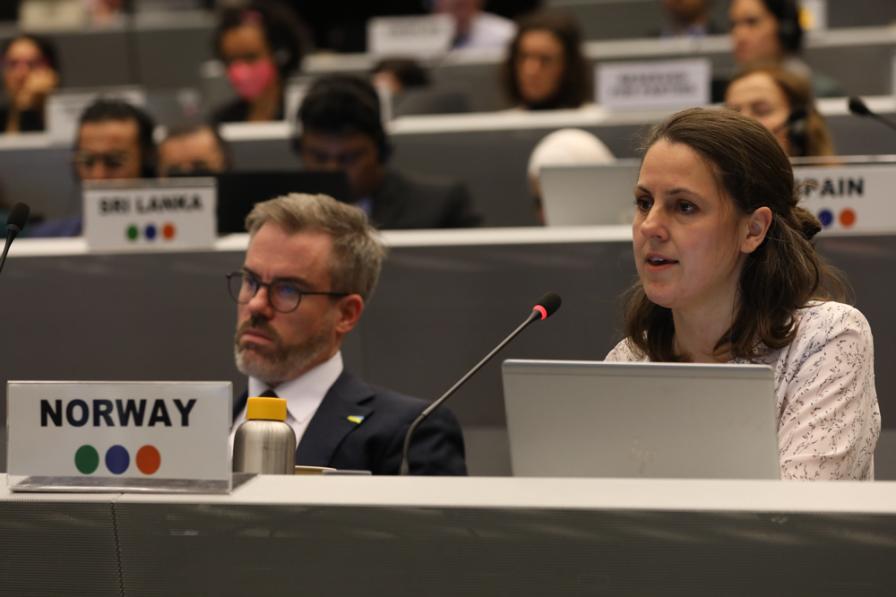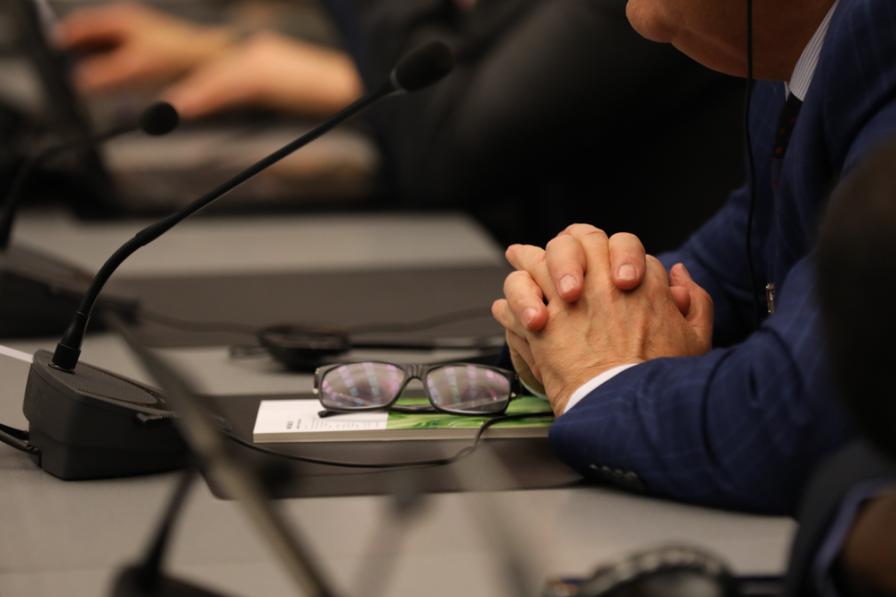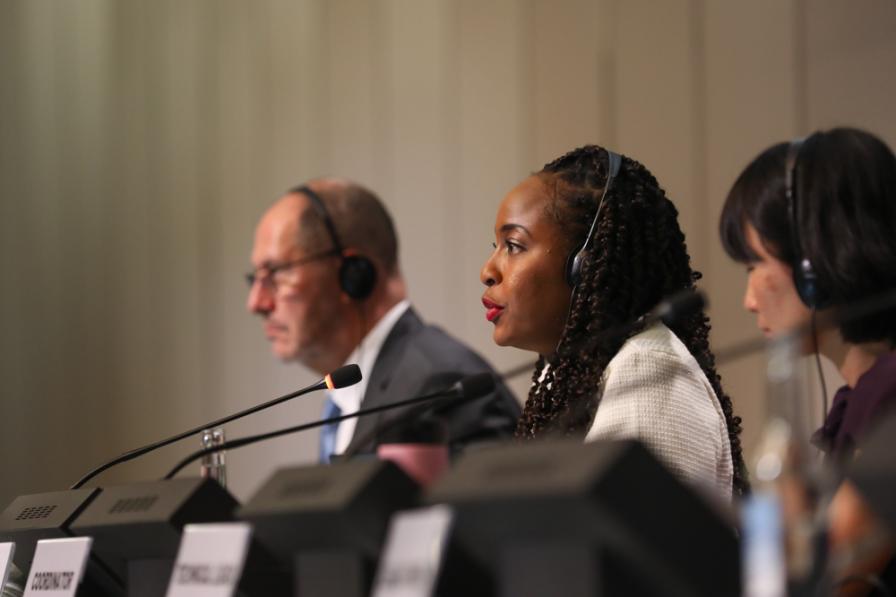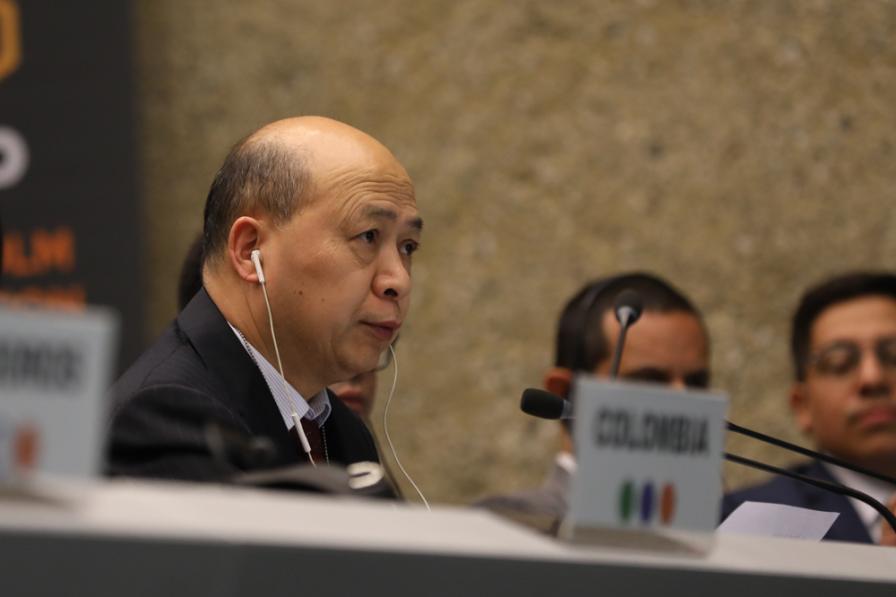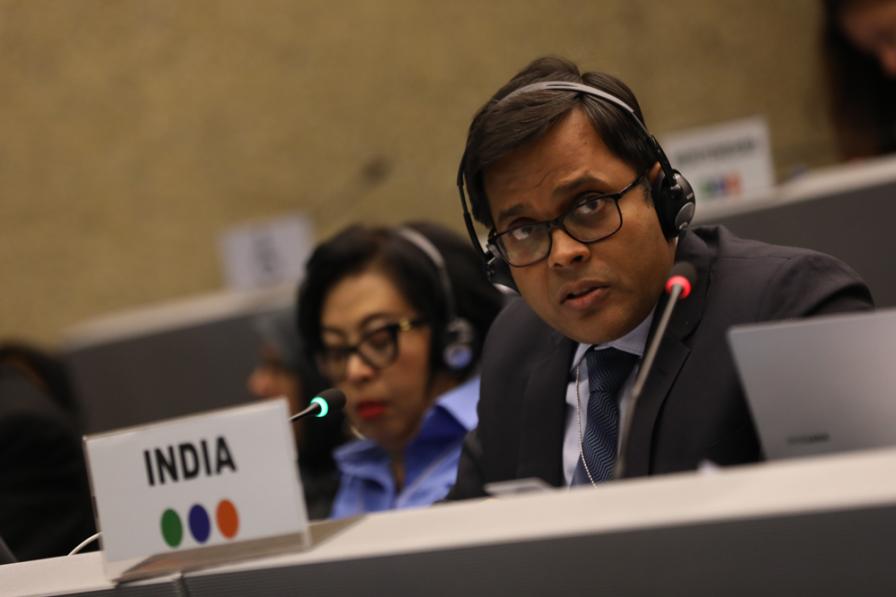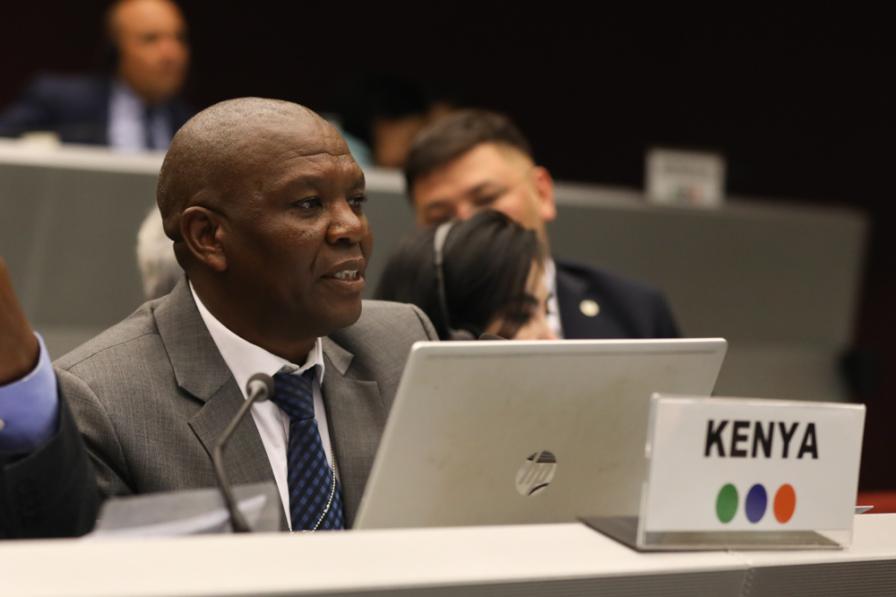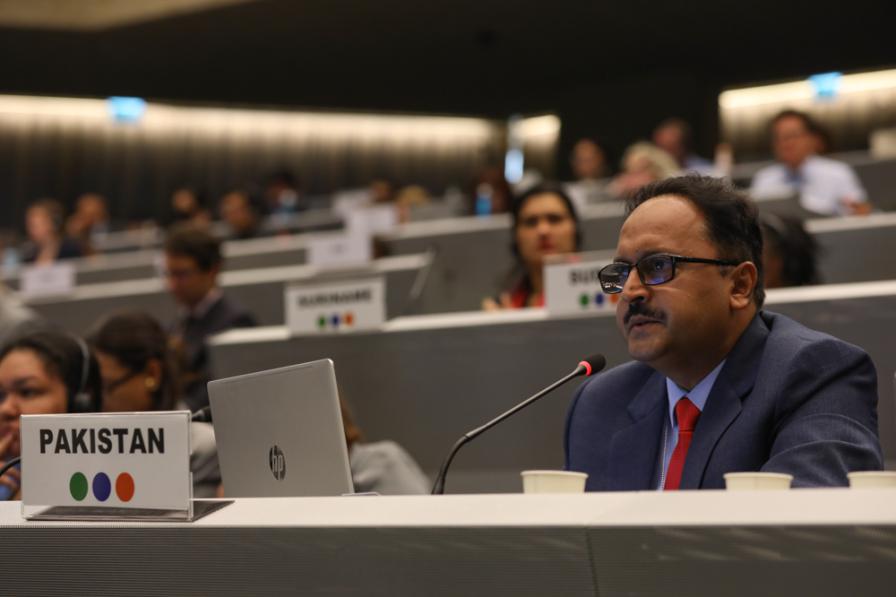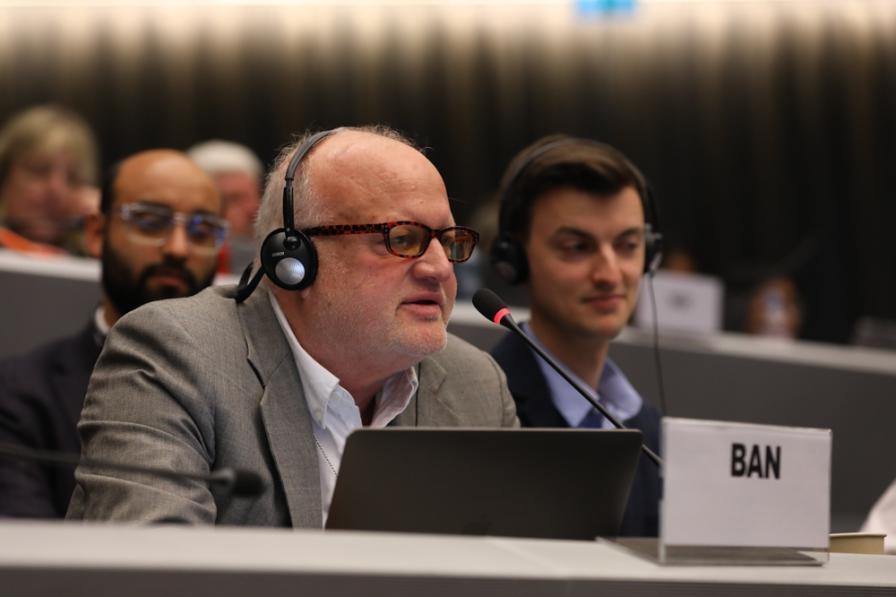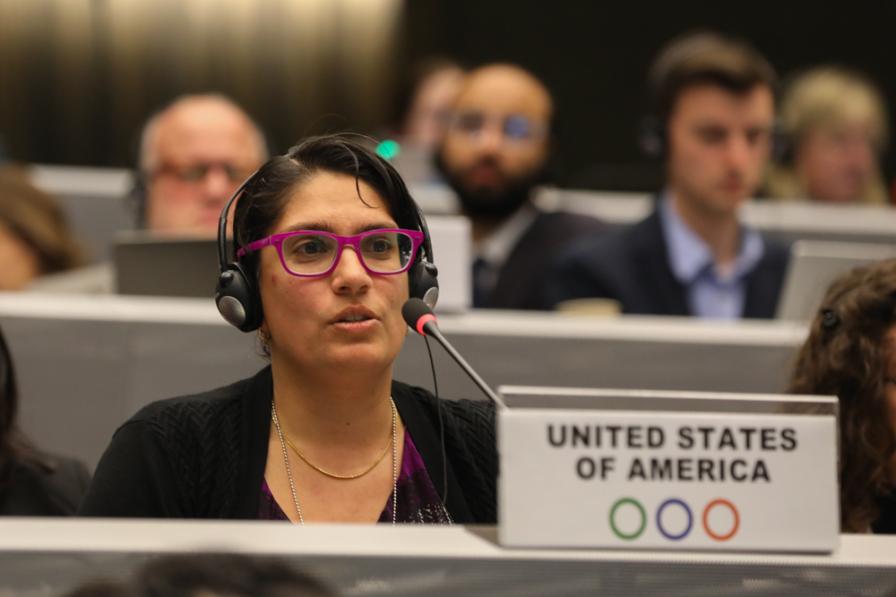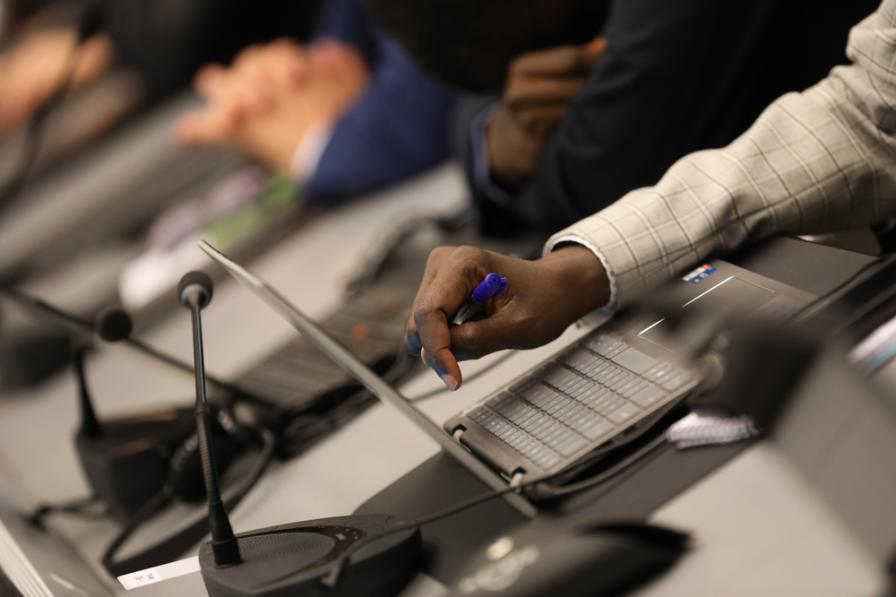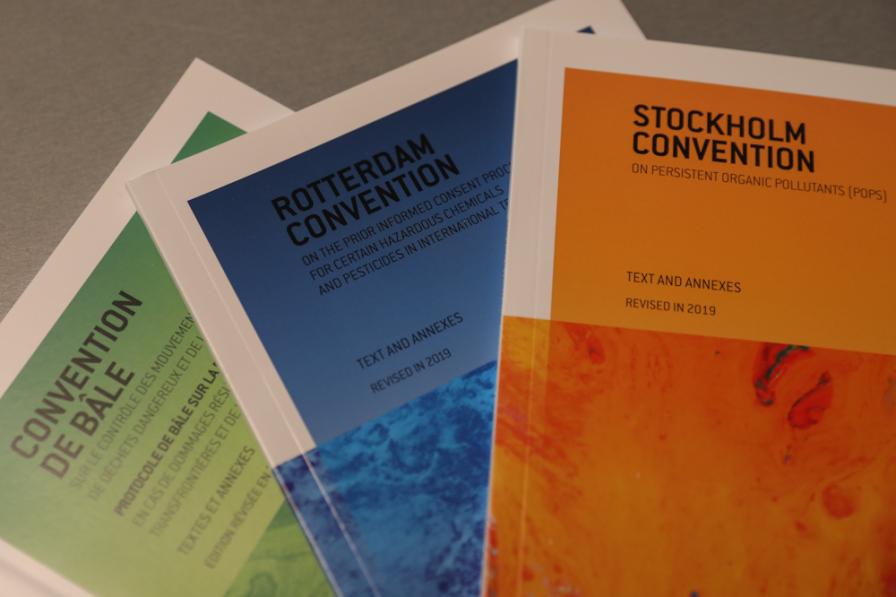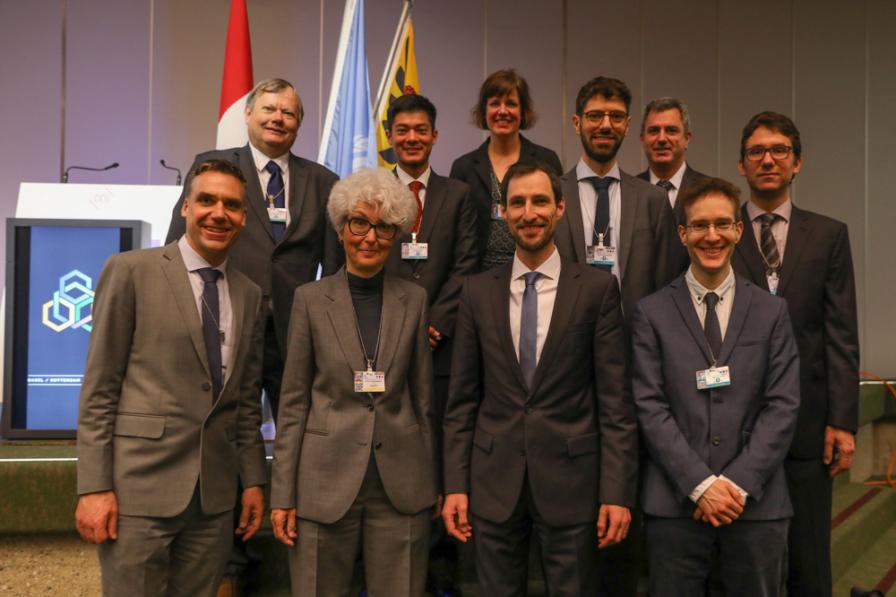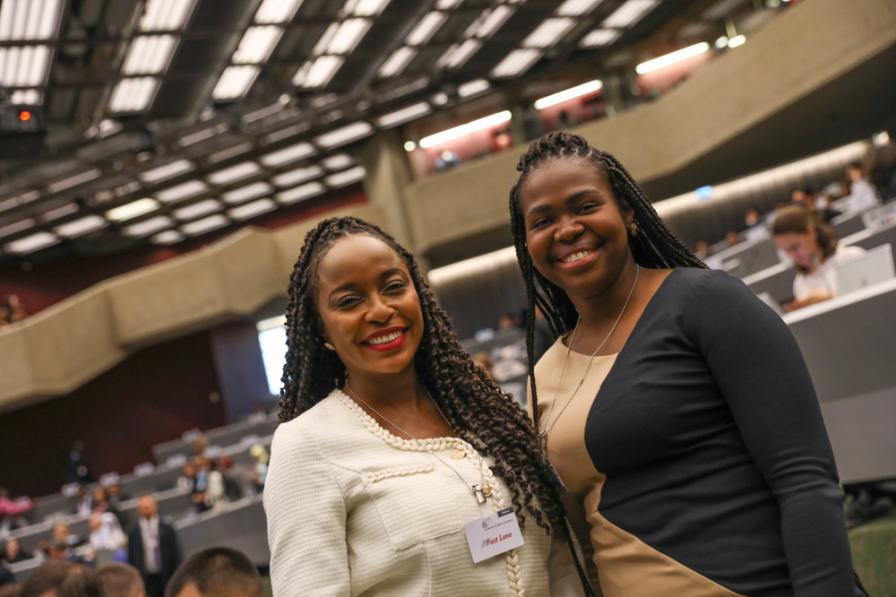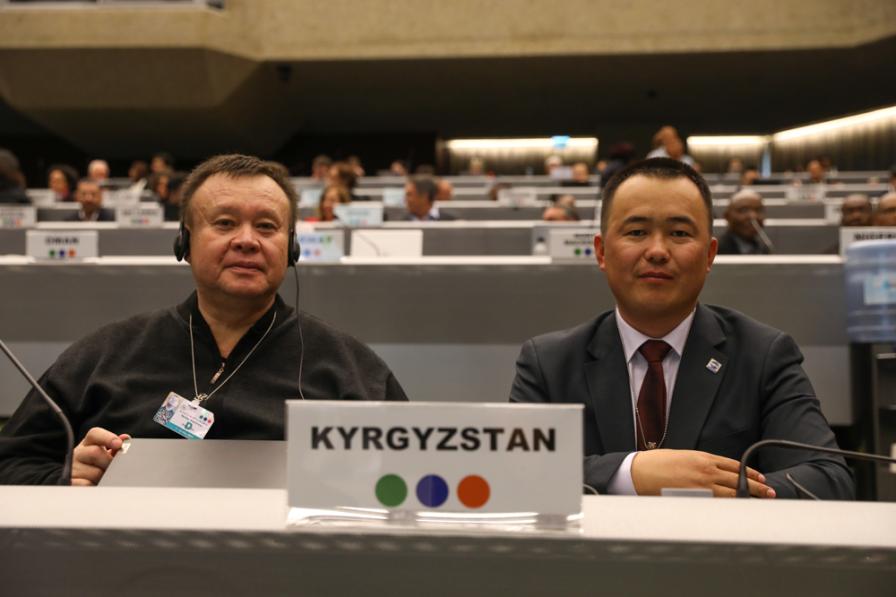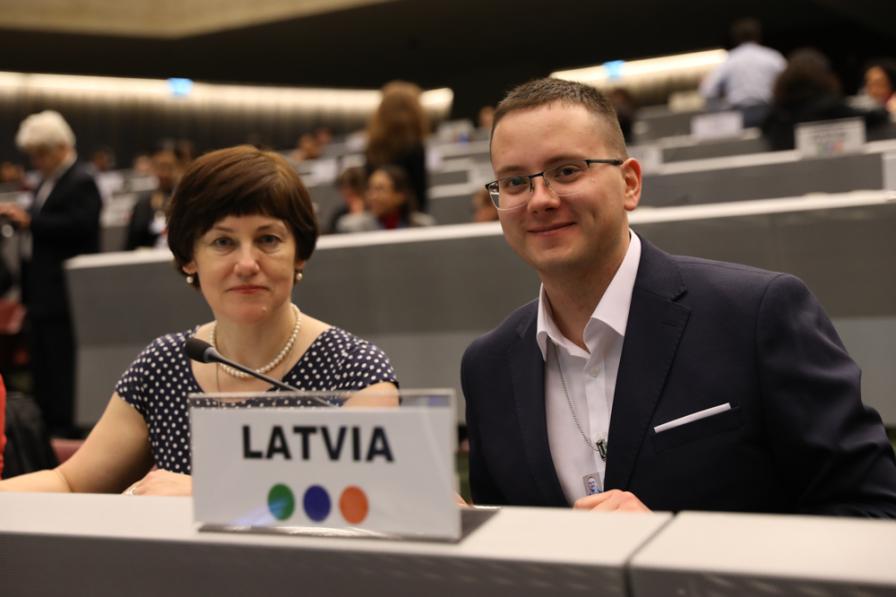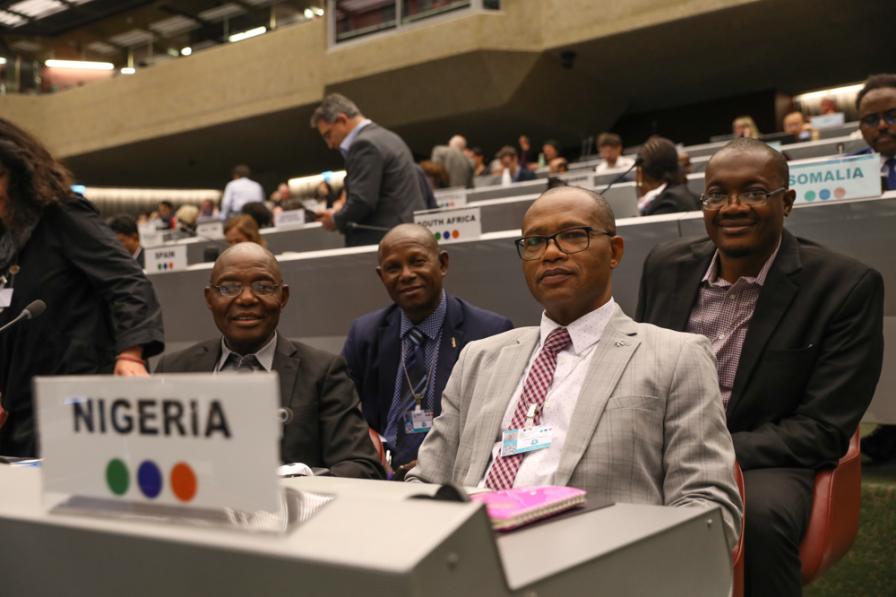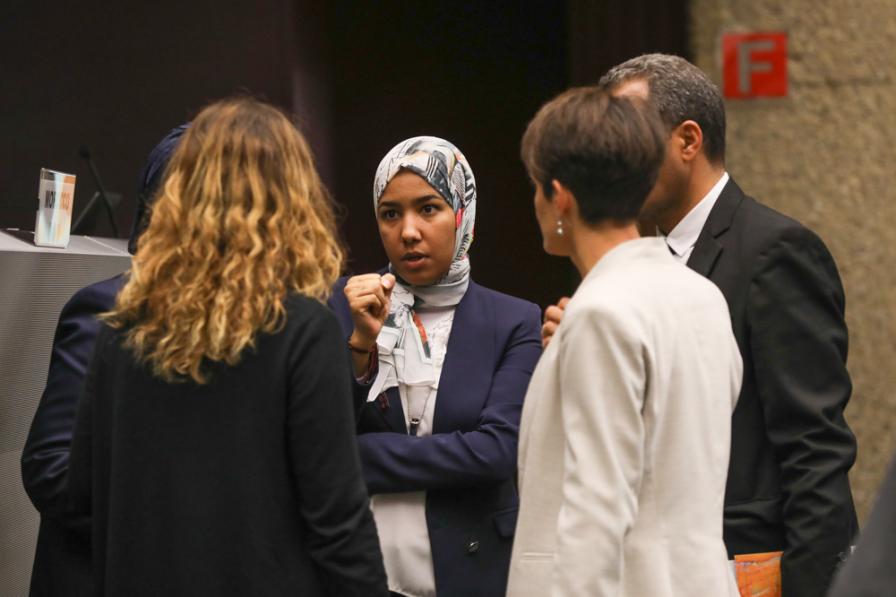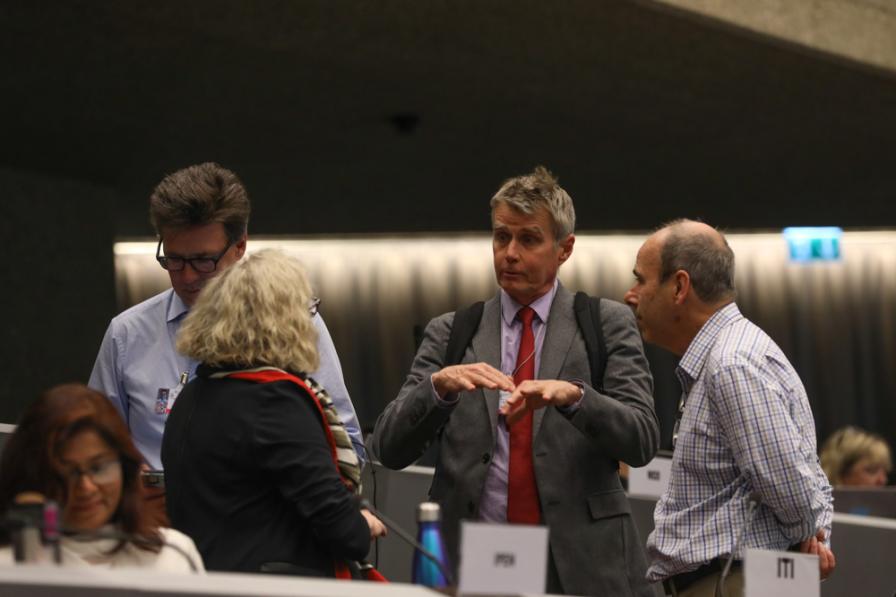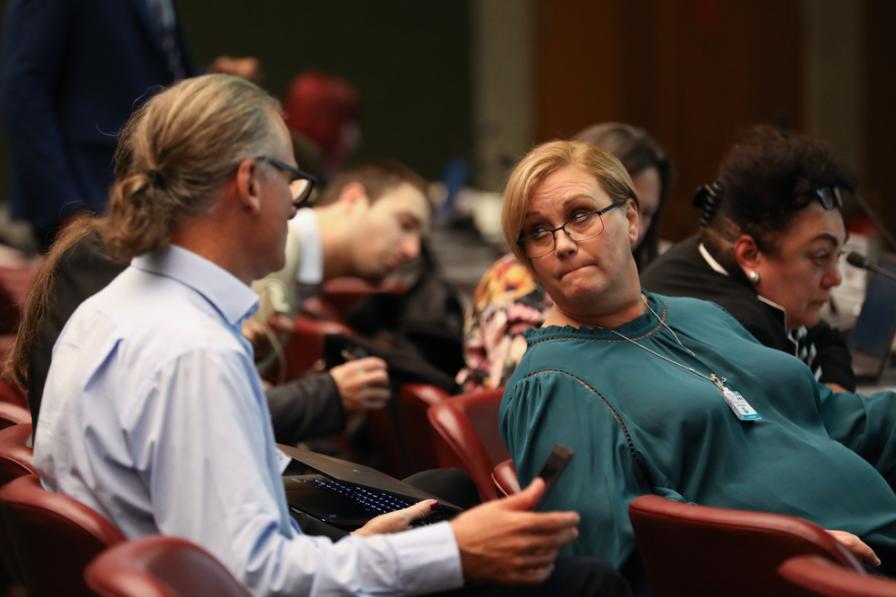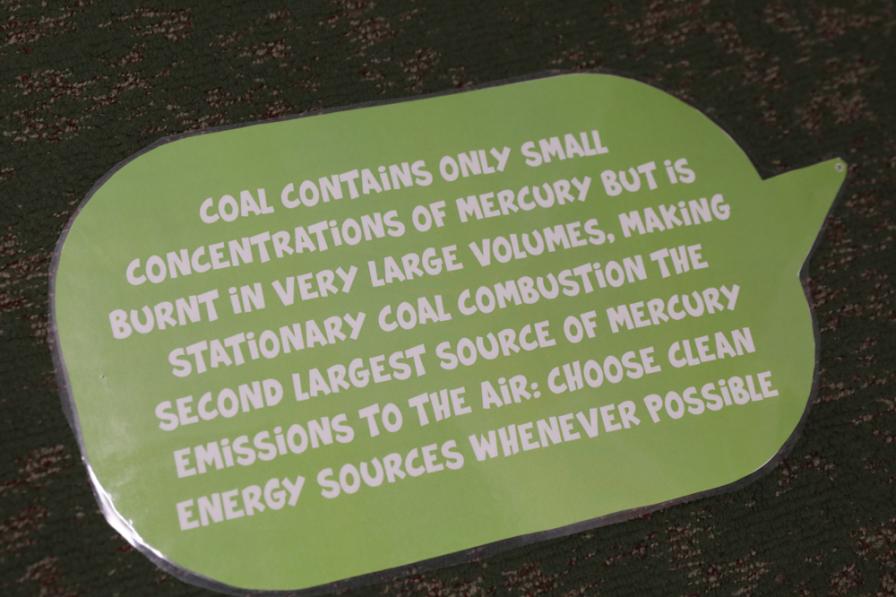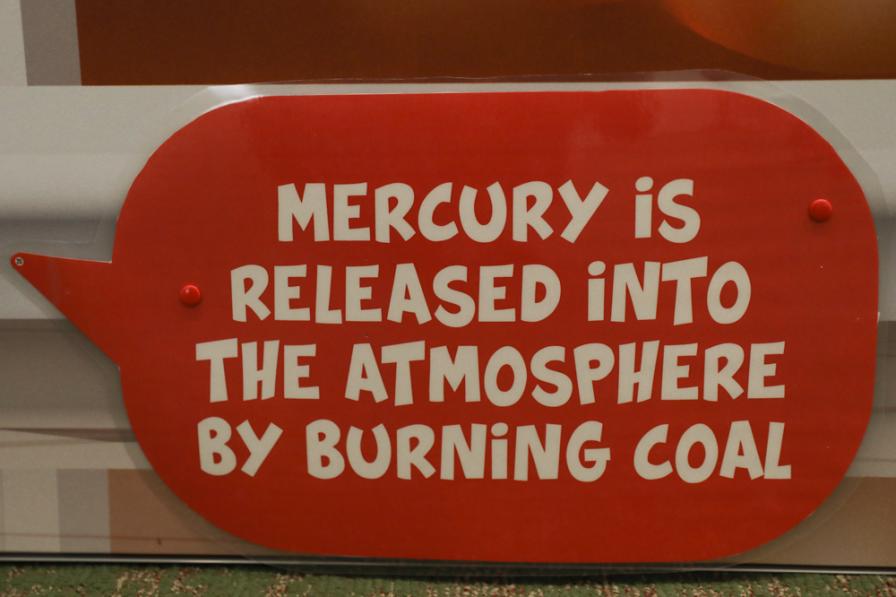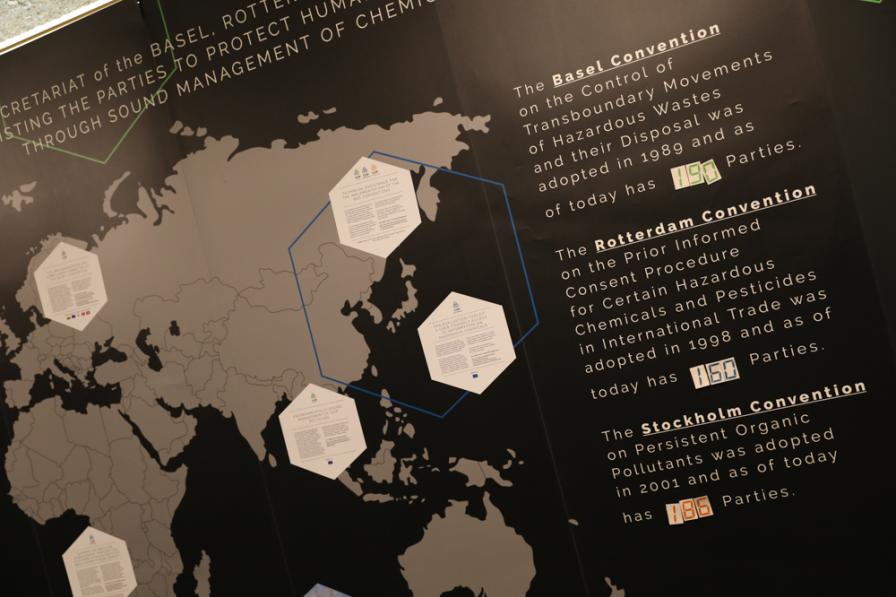A trio of Swiss alphorns welcomed delegates to what many expect to be a busy two-week meeting. The Triple COP involves three conventions - the Basel Convention, Rotterdam Convention, and Stockholm Convention - meeting independently and together as the BRS Conventions.
Swiftly adopting procedural decisions, such as the agendas, countries quickly turned to the technical work at hand.
Want to dig deeper? Read the full Earth Negotiations Bulletin daily report.
Basel Convention
The technical guidelines for various wastes were a focus of the day, especially the guidelines for persistent organic pollutants (POPs) waste. This is a prime example of synergies between the Conventions. The Stockholm Convention lists a POP and then the Basel Convention develops guidelines to help countries manage wastes that contain or are contaminated with that POP.
Three POPs waste guidelines will be discussed at this Basel Convention meeting:
- perfluorooctane sulfonic acid (PFOS), its salts and perfluorooctane sulfonyl fluoride (PFOSF),
- perfluorooctanoic acid (PFOA), its salts and PFOA-related compounds, and
- perfluorohexane sulfonic acid (PFHxS), its salts and PFHxS related compounds.
These are all “forever chemicals” that will not break down in the environment for many years, and their use is vast, from pesticides to non-stick pans. Waste management will be a challenge. Across the huge range of wastes, authorities and industries will have to determine if there is a POP, how much of it there is, and how to manage the risks.
A contact group on technical matters under the Basel Convention will work on these (and other) technical guidelines.
Stockholm Convention
The Stockholm Convention started work on issues at the very heart of the treaty: listing chemicals for elimination or restriction. Three chemicals will be discussed this week:
- Methoxychlor, an insecticide used as an alternative to DDT;
- Dechlorane Plus, a flame retardant incorporated into a range of products, including plastics; and
- UV-328, an ultraviolet filter in plastics.
The Convention allows for some continued production and use, where deemed necessary. A contact group will debate the listings, including potential exemptions for Dechlorane Plus and UV-328. The Stockholm Convention agreed to eliminate production and use of Methoxychlor, by listing it in Annex A of the Convention without exemptions.
Side Events
Side events during lunchtime and in the evening explored the links between chemicals, waste and biodiversity. For instance, a session discussed the Kunming-Montreal Global Biodiversity Framework that sets a target to reduce the overall risk from pesticides and highly hazardous chemicals by at least half by 2030. Another event highlighted the role of agricultural biodiversity in this effort.
A session explored the acceptable lower limit of POPs allowed in wastes, known as low-POPs content, which has implications for recycling, exposure, and waste management. Participants heard that financing is key, particularly accessing capital.
All ENB photos are free to use with attribution. For the 2023 BRS COPs, please use: Photo by IISD/ENB | Kiara Worth.
To receive free coverage of global environmental events delivered to your inbox, subscribe to the ENB Update newsletter.
